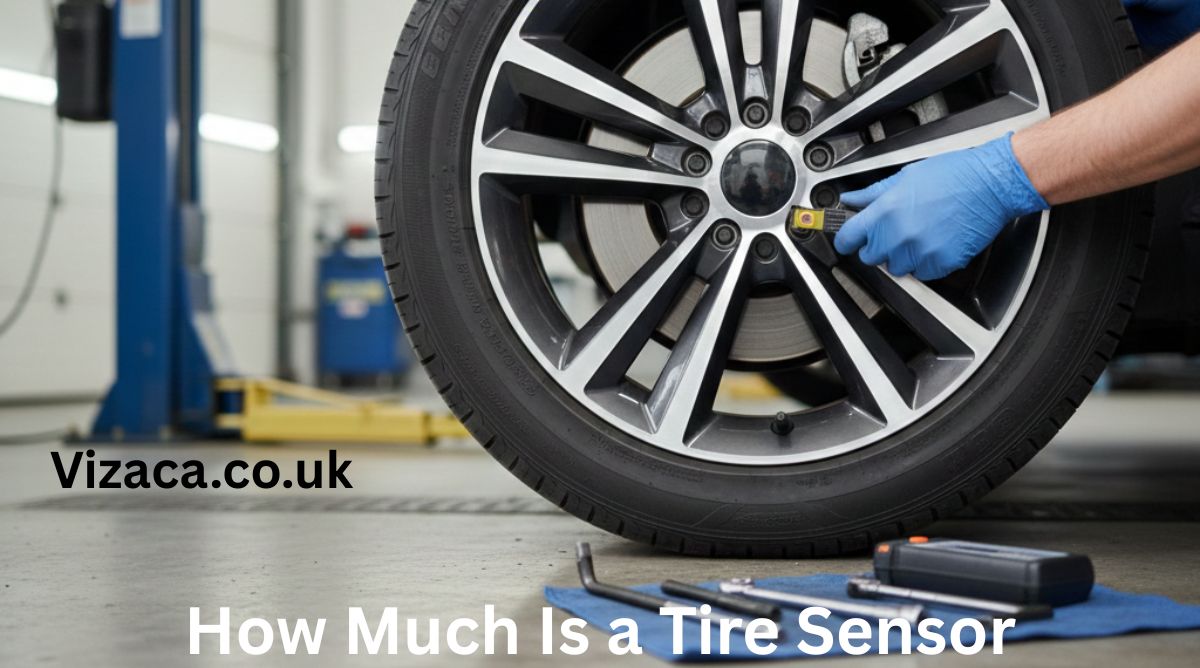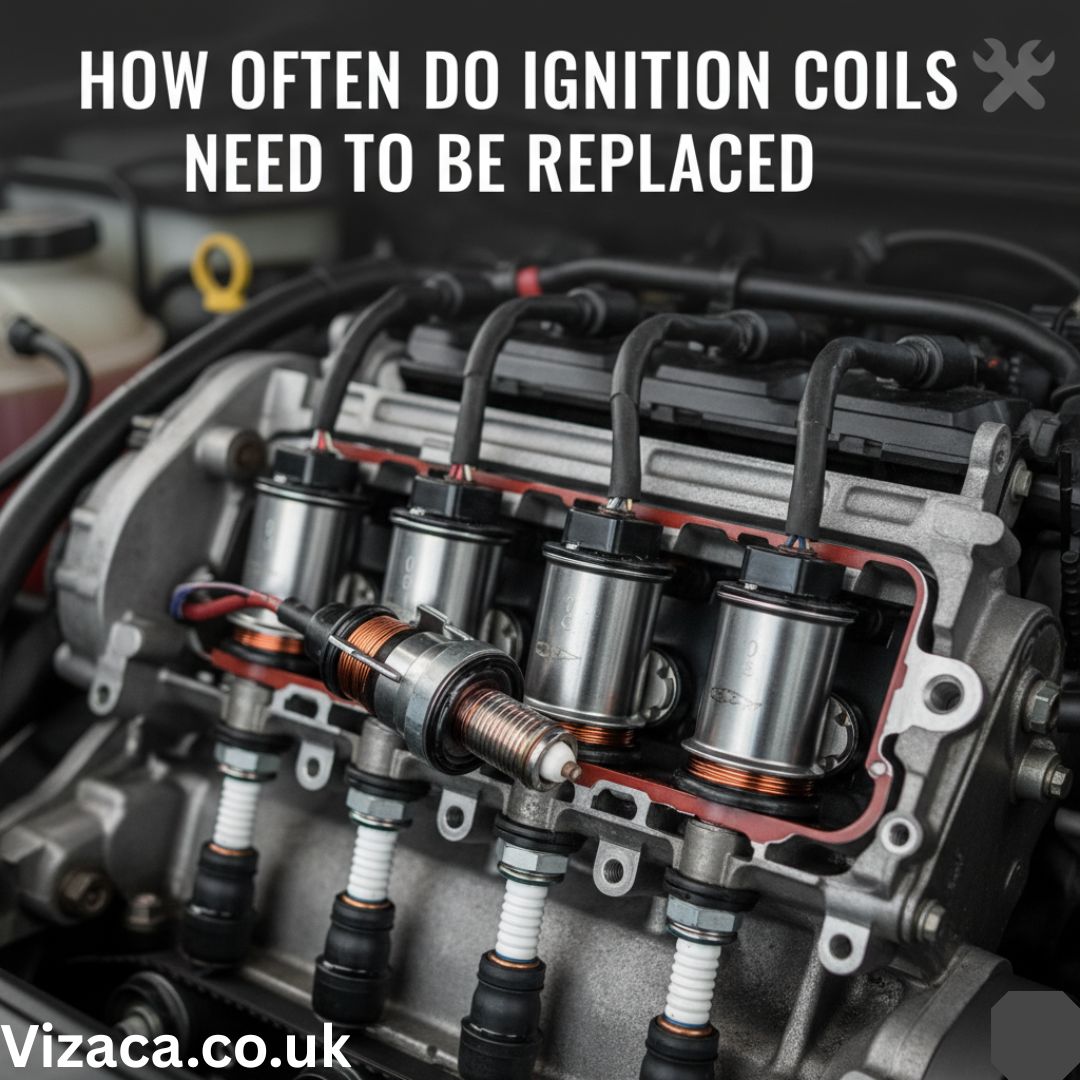Yes, cold weather can absolutely cause a car battery to die—or at least make it much more likely to fail.
When temperatures drop, your car battery faces two major challenges:
- It loses power.
- Your engine needs more power to start.
Let’s break down how that works and what you can do to protect your battery in winter.
Why Cold Weather Affects Your Car Battery
❄️ 1. Reduced Chemical Reaction
Car batteries work by producing electricity through a chemical reaction inside the battery. Cold temperatures slow this reaction down, which means:
- Less voltage output
- Slower cranking speed
- Harder engine starts
At 32°F (0°C), a battery can lose up to 20% of its power.
At 0°F (-18°C), it can lose over 50%.
❄️ 2. Increased Engine Load
While your battery is weaker in the cold, your engine needs more power to crank over because:
- Oil is thicker
- Internal engine resistance is higher
- Accessories like heaters, defrosters, and lights add more electrical load
This combination is exactly why cars tend to die or struggle to start on cold mornings.
Signs Your Battery Might Be Weak in Cold Weather
- Slow engine cranking or clicking sounds when starting
- Dim headlights or interior lights
- Dashboard battery warning light
- Needing a jump start after overnight freezing temps
- Battery is more than 3–5 years old
Can Cold Weather Kill a Good Battery?
If the battery is new and healthy, cold weather probably won’t “kill” it—but it can still cause temporary failure if it’s undercharged or if you leave accessories running (like lights or the radio) while the engine is off.
However, if your battery is old or weak, the cold can easily push it over the edge.
How to Prevent Cold Weather Battery Failure
🔋 1. Test Your Battery
Most auto parts stores will check your battery’s voltage and cold cranking amps for free. If it’s weak, replace it before winter hits hard.
🔌 2. Use a Battery Maintainer
If your vehicle sits unused in cold weather, a trickle charger or battery maintainer can keep it topped off and healthy.
🛠️ 3. Clean Battery Terminals
Corrosion or loose connections can make a weak battery perform even worse. Keep those terminals tight and clean.
🧥 4. Consider a Battery Blanket or Heater
In extreme cold, a battery warmer can prevent the battery from freezing and help it maintain voltage overnight.
FAQs
Can a car battery freeze?
Yes. A fully charged battery resists freezing down to -76°F (-60°C), but a discharged battery can freeze at just 32°F (0°C).
Will jump-starting help a frozen battery?
No. If a battery is frozen solid, do not attempt to jump it—it could explode. Let it thaw first in a warm place.
Should I replace my battery before winter?
If it’s older than 3 years, or it tested weak recently, yes—it’s much better to replace it proactively than get stranded.
Final Thoughts
Yes, cold weather can absolutely make a car battery die, especially if it’s already weak or aging. That’s why winter is prime time for battery trouble. The good news? With a little prevention and care, you can keep your battery strong and your car ready to start—even on the coldest mornings.










